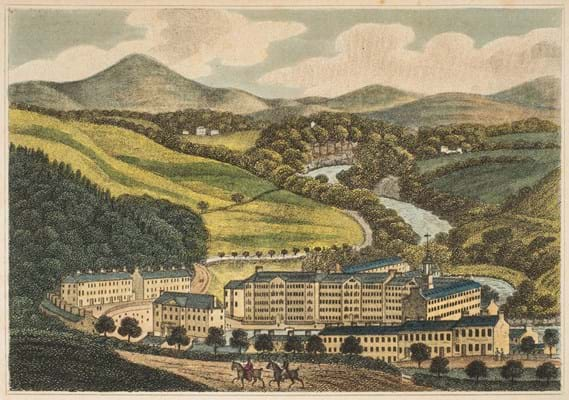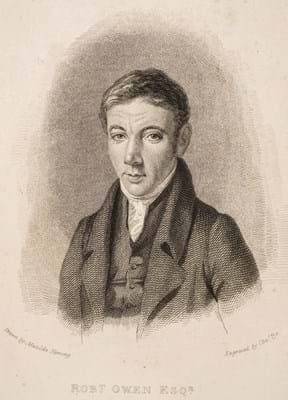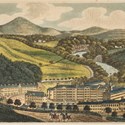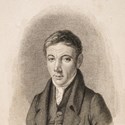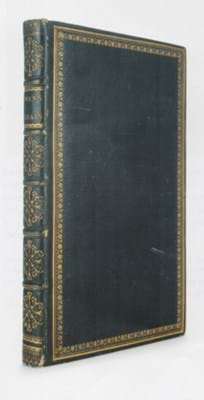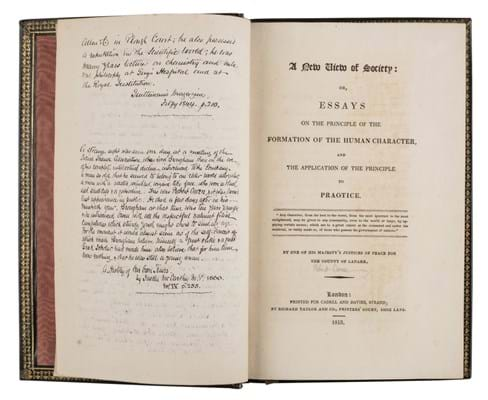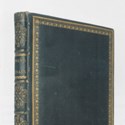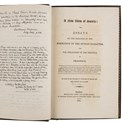Comprising first editions of all four parts as issued in the years 1813-14, each with separate part title and pagination, these are the essays in which Owen laid down the principles that had guided his ‘Lanark Experiment’ – the application of co-operative measures that had immeasurably improved the living and working conditions at his Scottish cotton mills.
This copy being offered in the South Cerney sale on April 5-6 contains related manuscript notes in a very neat but unknown hand of c. 1880 and is identified there as a copy given by Owen to the Quaker philanthropist William Allen, who, along with with the philosopher and social reformer Jeremy Bentham, was one of his six partners in the Lanark venture.
It comes to auction, however, from the family of yet another partner, John Walker, the man often described as his closest business associate.
Loosely inserted are other related items, including a letter from Robert Owen to the Marquis de Lafayette, introducing Mrs Elizabeth Lewis & Miss Lewis, the widowed sister and the niece of his late partner, John Walker.
Also included are five engraved portraits of Owen and three views of New Lanark.
The record for Owen’s pioneering work currently stands at £18,000, paid 15 years ago at Sotheby’s, and Dominic Winter have estimated this example at £15,000-20,000.
‘Lanark Experiment’
In the essays Owen expounds the principles on which his system of educational philanthropy is based, his fundamental point being that man’s character is based upon circumstances over which he has no control, but that it can be moulded by the right physical, moral and social influences.
Owen sought to improve both the wretched homes of his workers and their appalling working conditions. He developed sanitation, opened a store at which his workers could secure their basic supplies at little more than cost – though he restricted access to drink – and made plans to educate their children. In so doing he founded the first infant schools in Britain.
New Lanark became a model community, much visited by the good and great, but while plans for community settlements, early schooling and sharing of profits were initially well received and influential, an admission of atheism and criticism of the attitudes of the church and other sectors of society were not always welcomed.
Owen’s later experiments in England, Ireland and across the Atlantic in New Harmony (Indiana) were not lasting successes and his Grand Consolidated National Trades Union also failed. But the idea and seeds of socialism had been sewn.


